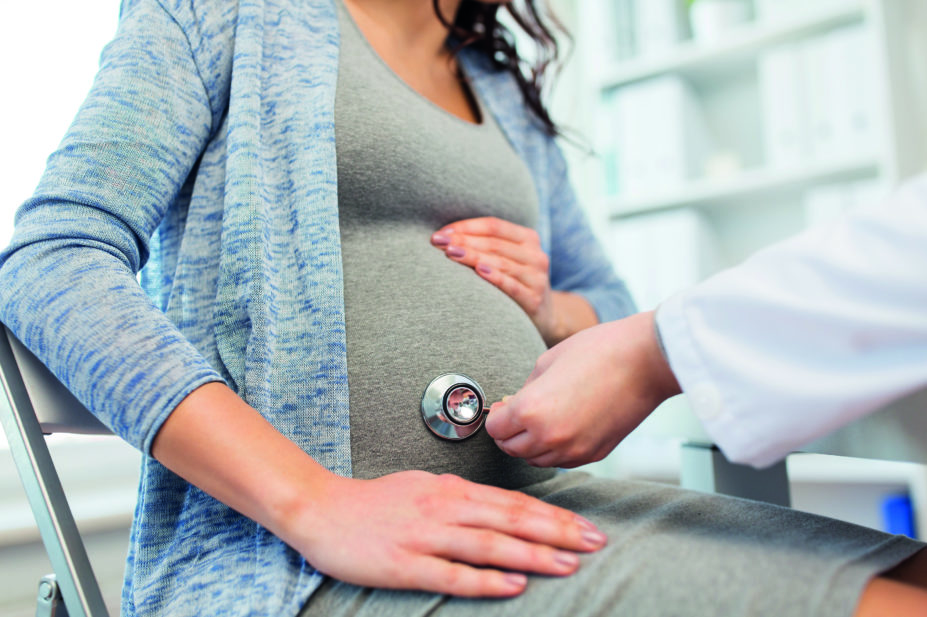
Shutterstock.com
Lamotrigine and levetiracetam are safer than other antiepileptic drugs in pregnancy because they are not linked with an increased risk of birth abnormalities compared with the general population, according to a safety review by the Medicines and Healthcare products Regulatory Agency (MHRA).
Carbamazepine, phenobarbital, phenytoin and topiramate were all found to be associated with an increased risk of having a baby born with a physical birth abnormality, the report added.
Women are therefore being urged to discuss with a healthcare professional the right treatment for them if they anticipate becoming pregnant sometime in the future.
The review examined safety data for risks of major birth defects or abnormalities and concerns with the child’s development, including learning and thinking abilities, for key antiepileptic drugs.
Despite action to restrict women with epilepsy from taking valproate during pregnancy, owing to the risk of birth abnormalities and effects on brain development, safety reviews have not previously been carried out for non-valproate antiepileptic drugs during pregnancy.
The review concluded that use of carbamazepine, phenobarbital, phenytoin and topiramate during pregnancy was associated with an increased risk of major congenital malformations, compared with that seen in the general population and unexposed women with epilepsy. It noted that the increased risk seen with carbamazepine, phenobarbital and topiramate was dose-dependent, but that no dose was found to be without risk.
It added that pregabalin may be associated with a slightly increased risk of major congenital malformations, but further data were needed to reach a definitive conclusion. The risks remained uncertain for gabapentin, oxcarbazepine and zonisamide, and the review said that the possibility of an increased risk could neither be confirmed nor ruled out.
“We advise that women with epilepsy should seek advice and information from their doctor pre-conception, as well as throughout their pregnancy,” said Jo Mountfield, consultant obstetrician and vice president at the Royal College of Obstetricians and Gynaecologists.
”This will help ensure women can make well informed decisions about planning their pregnancy and any concerns they have about their medication.”
Paul Chrisp, director of the Centre for Guidelines at the National Institute for Health and Care Excellence (NICE), said that NICE was taking steps to review its guidelines where epileptic medicines are recommended, including the assessment and management of bipolar disorder, depression in adults, and antenatal and postnatal mental health.
“Our guideline on the diagnosis and management of epilepsies is currently being updated as part of our normal review cycle; in the meantime, we will ensure the new advice is clearly signalled within the existing guideline,” he added.
Clinicians are being asked to use the review’s findings to discuss potential risks to the baby associated with epilepsy medicines and untreated epilepsy during pregnancy, and to review patients’ treatment according to their clinical condition and circumstances. A safety information leaflet has been produced to support these discussions.
The MHRA will also be working with relevant patient groups to ensure that the information to patients is as clear as possible.


